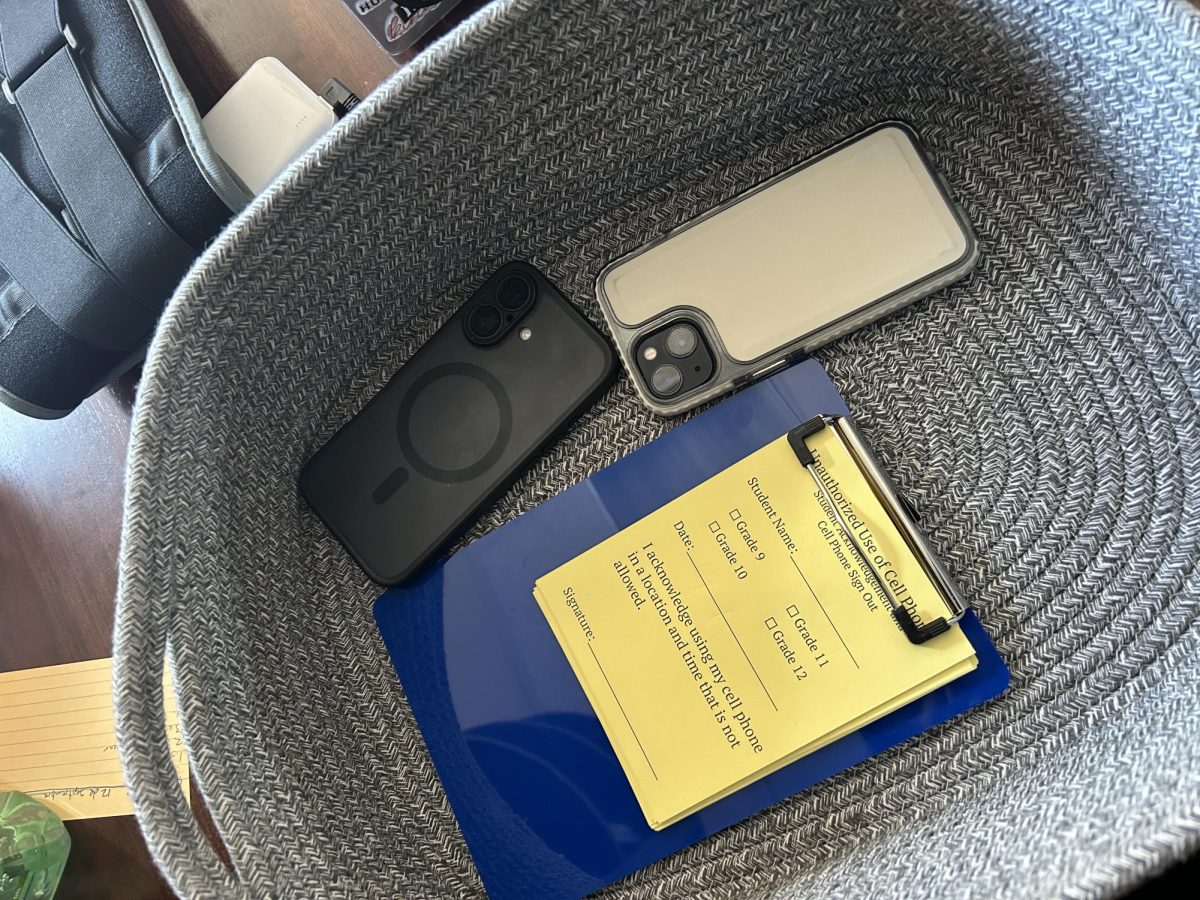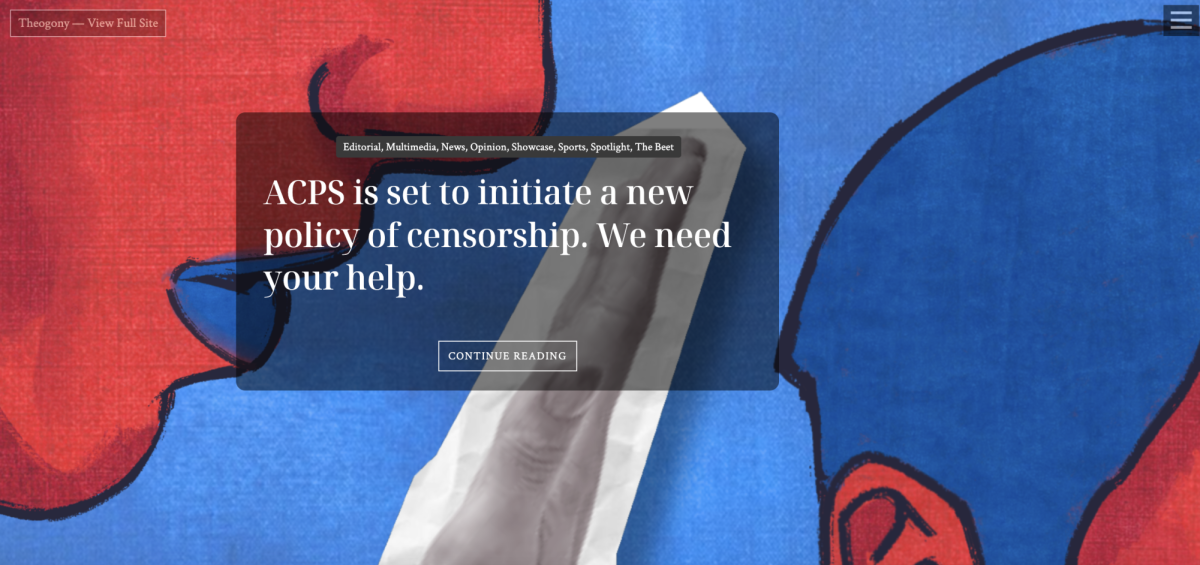
Are in-class essays helpful, unhelpful, annoying, or a mix? Within the last month, this has been a question that has prompted lots of discussion within the English department and the student body.
You may have heard students grumbling about in-class essays; for instance, a freshman student, Isabelle Gamarra said they “don’t give you time to prepare for it.”
From talking to classmates to hearing conversations in passing, the overall student consensus is that in-class essays are not fair to students who have not cheated using AI, and students prefer to take their time to create a polished, and well articulated essay. Teachers state that they are in place for the benefit of the student body, and are there to help the students while we all navigate AI together. Teachers and administrators are trying to eliminate the temptation of AI, and work to improve student writing while keeping integrity and honor high.
We interviewed Mr. Mallett, Ms. McGuire, Dr.Sidle, and Ms. Nadler for some administrator and teacher perspectives. The first question that we asked our interviewees was “What was the original thinking behind the English teachers implementing in-class essays?”
Mr. Mallett responded by saying “I think what they really want to do is help students develop their writing ability, not only their mechanical ability with things like syntax, grammar, and mechanics.” He also said “I think the idea of having them do it at school, in a controlled environment, would eliminate the temptation to use AI.” This provided a new perspective because we viewed in-class essays as stemming from a place of distrust and fear on the teachers’ side, but Mr. Mallet claims that they also help students develop as writers, and attempt to alleviate stress, while also minimizing the temptation of using AI.
Dr. Sidle responded to the same question by saying “I’ve always had in-class essays. All the analytical essays, the literary criticism, I’ve always done because I like the take-home work to be on the creative side,” and proceeded to explain that “the thinking is, that if it’s an assessment that weighs a considerable amount…I should be doing it in class.” Sidle does this because if a major writing assessment is completed in class, students will most likely not use AI; therefore they won’t jeopardize their grades. With the students’ best interest in mind, many teachers in the English department want to find a successful way to support their students so AI is not a used resource, but also listen to student feedback and try to balance in-class writing with appropriate out of class writing.
Another teacher we interviewed was Ms.Nadler. Ms.Nadler provided another very helpful perspective, similar to Mr. Mallet’s, as to why the English Department has administered more in-class essays. Mrs. Nadler stated that if “we [the English teachers] made time for assignments in class and it supports students.” She also shared that “the plan was never that we would do in class writings that were like, silently, right, you are on your own.” Regardless of the intentions of implementing the essays, students will have the ability to collaborate and reach out to their teachers during the process, so it isn’t an overwhelming process.
Next, we asked the teachers if they predicted the policy would stay as a permanent solution or just a temporary experiment. All of them agreed that it is an experimental concept and will likely continue to evolve and adapt during the school year due to AI adaptations and community feedback. Some administrators, like Mrs. McGuire, also want to make it clear to the students that AI doesn’t have to just be a taboo or demonized topic, it has positives to it; so while teachers are trying to find a solution to AI honor code violations, it also proves as an opportunity “for us to look at different teaching,” said Mrs. McGuire. It can be a great tool for research and questioning outside of the classroom and our academic lives, and likely schools such as ours will learn how to benefit from AI without harming the students’ learning or grades.
We asked more questions such as “Was it a difficult decision to make? Were there many debates about why it is or isn’t beneficial for students?”. In response to these questions, many of our interviewees said yes, it was not an easy decision to make, and there will definitely be adjustments in the future based on student and faculty feedback and progress. As mentioned by Dr.Sidle, and Ms.Nadler, this is experimental and everyone is still trying to figure out if this is in fact, the best solution to combat the rise of AI.
Overall, it appears that the teachers and administrators are simply trying to find the best solution to the brand-new technology of AI. While everyone knows that it can be extremely helpful and engaging to explore in your free time, it is not meant for a place of education. The new essay requirements are constantly changing along with AI, and will likely continue to adapt over the following months. Although it can be difficult and annoying at times to adjust to new strategies, eliminating the possibility of AI will make us all better writers, and will prepare us for our future education.
























